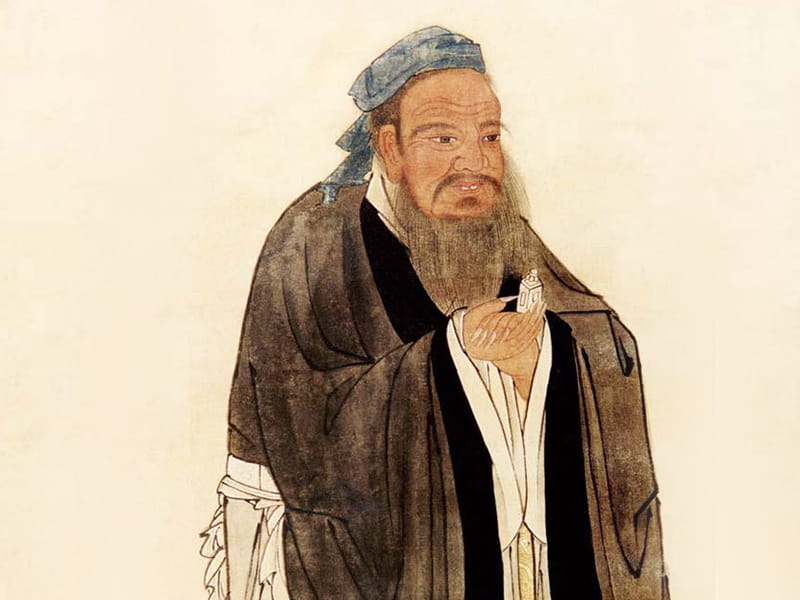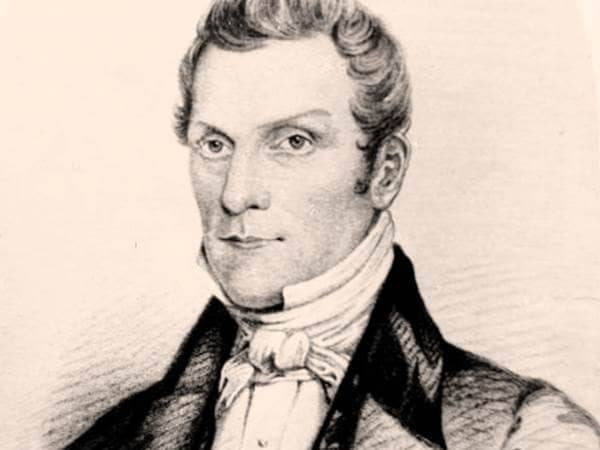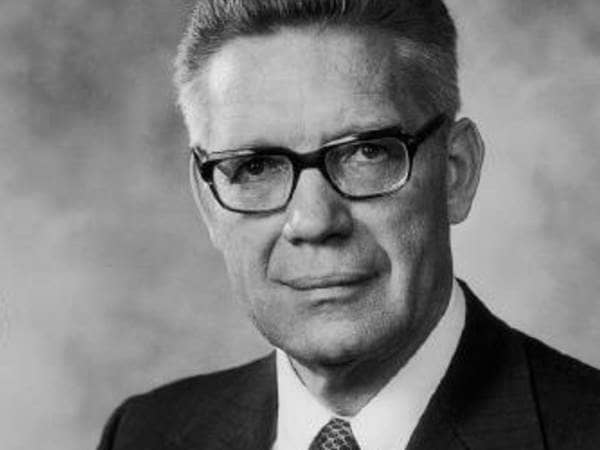
- Lived: 551 BCE - 479 BCE (The Ancient Era)
- Nationality: Chinese
- Known for: Founder of Confucianism
Confucius is believed to have been born around 551 B.C.E. and to have died in 479 B.C.E. He traveled from state to state teaching the sons of the nobility about leadership and morality. He was not famous during his lifetime, and never achieved the high position he aspired to as an advisor to a great ruler. In this respect, later depictions of Kongzi as a powerful player in the events of his time and a well-known figure in early Chinese history are not faithful to the historical record.
Kongzi was born in the small feudal state of Lu in what now is Shandong province in northeast China. He lived between the social instability of the "Spring and Autumn Period" (770-481 B.C.E.) and the descent into violence and chaos known as the "Warring States Period" (403-221 B.C.E.). Like nearly every thinker of his time, Kongzi interpreted social disorder as evidence that human beings had lost a once-harmonious relationship with Tian and its Tao (Way), the source of all life and order in the universe. In framing his vision of the Way, Kongzi relied on a number of Western Zhou sources, including historical documents, governmental decrees, poetry, and ritual texts that were later given the title "classics" or "scriptures" (jing). Kongzi used Western Zhou culture to formulate a challenge to his own times.
Kongzi's disciples came from the social class known as shi ("retainers" or "knights"), who traditionally served the Western Zhou kings. With the collapse of the Western Zhou order, shi became lordless anachronisms and fell into genteel poverty and itinerancy. Their knowledge of ancient aristocratic traditions, however, helped them reinvent themselves as antiquarian advisers to the competing rulers of the "Warring States." Kongzi himself is said to have held such a position, albeit only for a short time before withdrawing into retirement as a Ru ("scholar," the root term in the Chinese equivalent of the word "Confucian"), a ritual master and teacher of future court advisers. His students and their followers later shaped Kongzi's teachings and view of the Chinese past into what became Confucianism. (Source: Patheos Religion Library)
Kongzi was born in the small feudal state of Lu in what now is Shandong province in northeast China. He lived between the social instability of the "Spring and Autumn Period" (770-481 B.C.E.) and the descent into violence and chaos known as the "Warring States Period" (403-221 B.C.E.). Like nearly every thinker of his time, Kongzi interpreted social disorder as evidence that human beings had lost a once-harmonious relationship with Tian and its Tao (Way), the source of all life and order in the universe. In framing his vision of the Way, Kongzi relied on a number of Western Zhou sources, including historical documents, governmental decrees, poetry, and ritual texts that were later given the title "classics" or "scriptures" (jing). Kongzi used Western Zhou culture to formulate a challenge to his own times.
Kongzi's disciples came from the social class known as shi ("retainers" or "knights"), who traditionally served the Western Zhou kings. With the collapse of the Western Zhou order, shi became lordless anachronisms and fell into genteel poverty and itinerancy. Their knowledge of ancient aristocratic traditions, however, helped them reinvent themselves as antiquarian advisers to the competing rulers of the "Warring States." Kongzi himself is said to have held such a position, albeit only for a short time before withdrawing into retirement as a Ru ("scholar," the root term in the Chinese equivalent of the word "Confucian"), a ritual master and teacher of future court advisers. His students and their followers later shaped Kongzi's teachings and view of the Chinese past into what became Confucianism. (Source: Patheos Religion Library)
Back to Search Results






